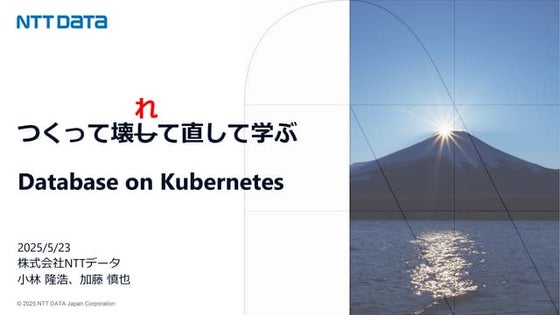Scalaを遊ぶ!会 参加者募集のおしらせ。
- 1. Scalaを遊ぶ!会 参加者募集の おしらせ。 2010年10月スタート!
- 8. >同感。
- 13. じゃ、自分で 作っちゃおう。
- 15. 会の方针
- 16. 1.主宰or発表者 が準備しない
- 18. 2.ペアプロを 強く推奨
- 19. ?コアドライバー 希望者 による (プロジェクタにつないでる人) ローテー ション ナビゲーター としてツッコミ を入れる ?ドライバー (キーボードを打つ人) ?ドライバー ?ナビゲーター ↑ ↓ (ツッコミを入れる人) ?ナビゲーター ?ドライバー 各回、最低一度 ↑ ↓ ペアは毎回 シャッフル はチェンジする ?ナビゲーター
- 24. 当 面 の ネ タ ?REPLで遊ぼう ?Scalatraで遊ぼう ?Eclipse Pluginで遊ぼう ?specsで遊ぼう ?Play! Frameworkで遊ぼう ?Slim3で遊ぼう ?Google App Engineで遊ぼう ?NoSQLで遊ぼう ?OpenSocialで遊ぼう
- 25. 場 所
- 27. 日 時
- 29. こんな人を 募集
- 33. 里の目标
- 35. でもあくまで、
- 36. ≠勉強会 =遊ぶ!会
- 37. 厂肠补濒补やろうぜ!
- 38. 終 わ り 。
































































